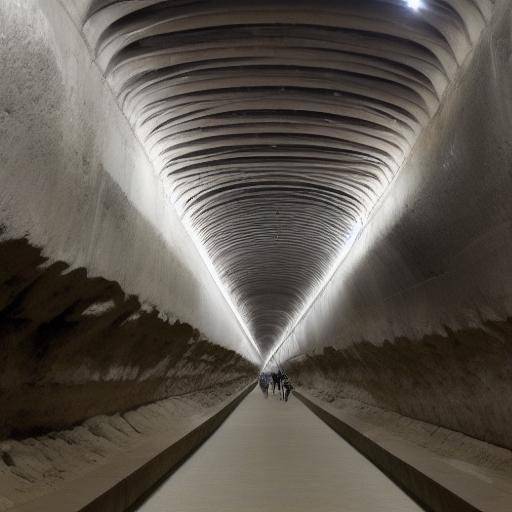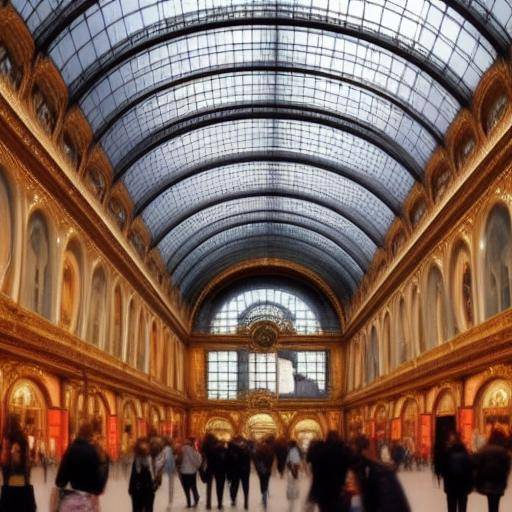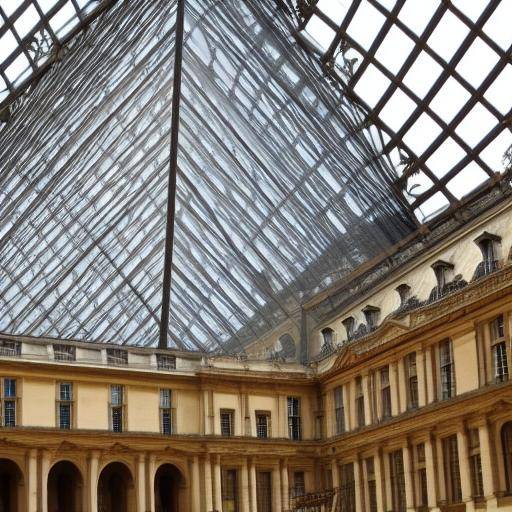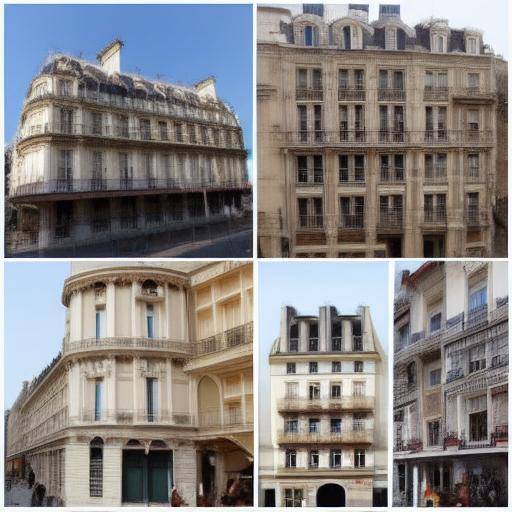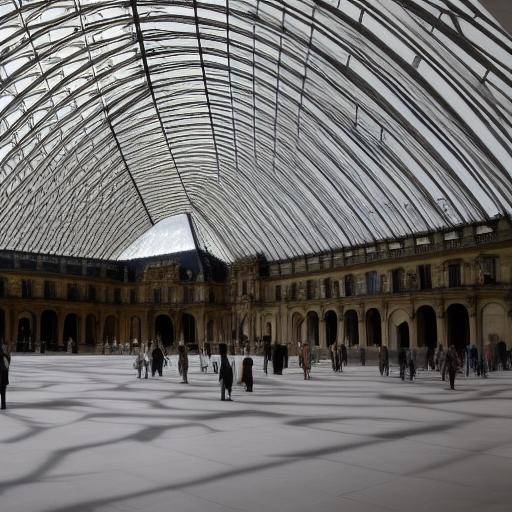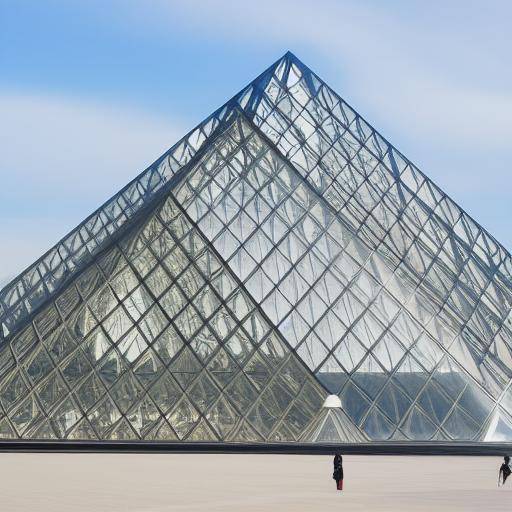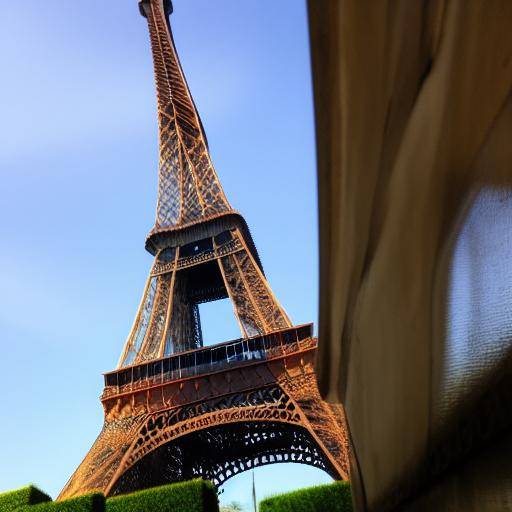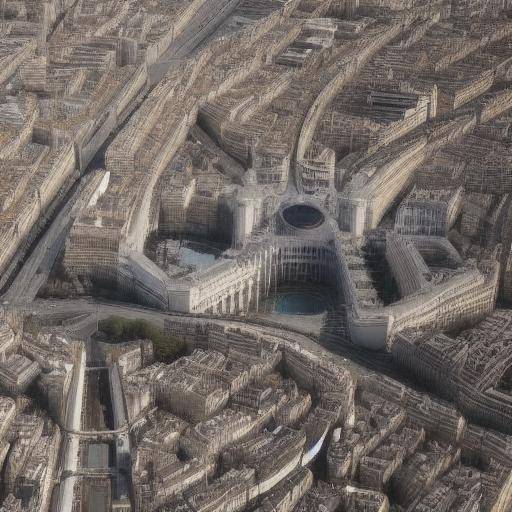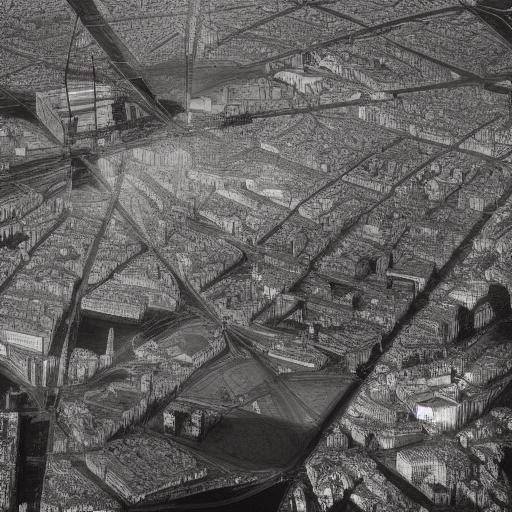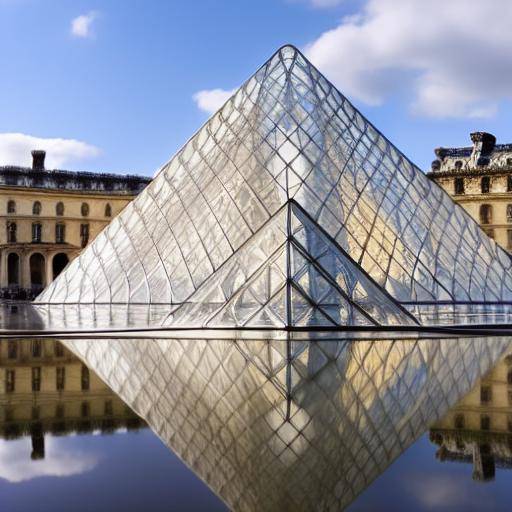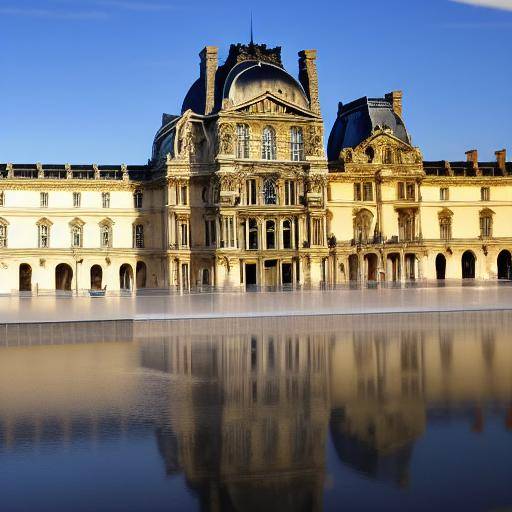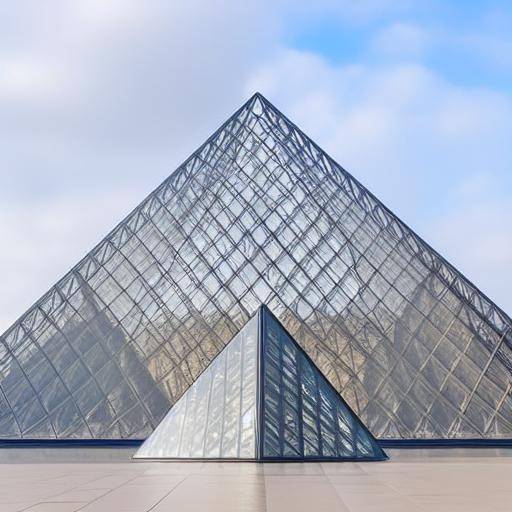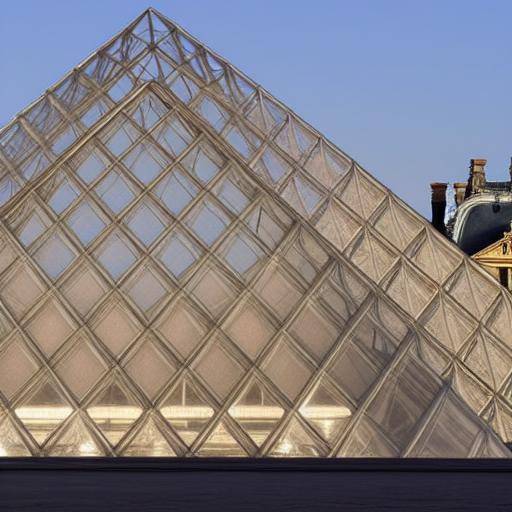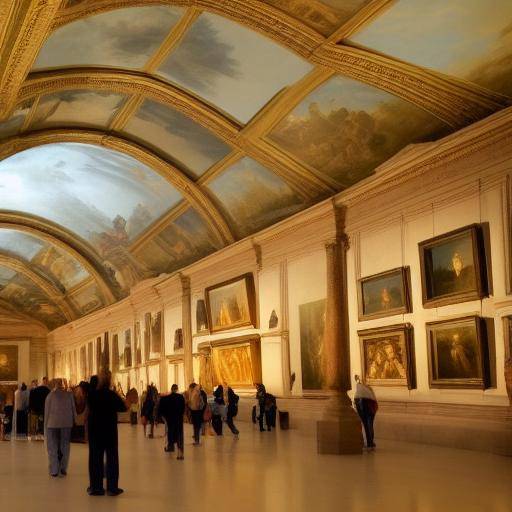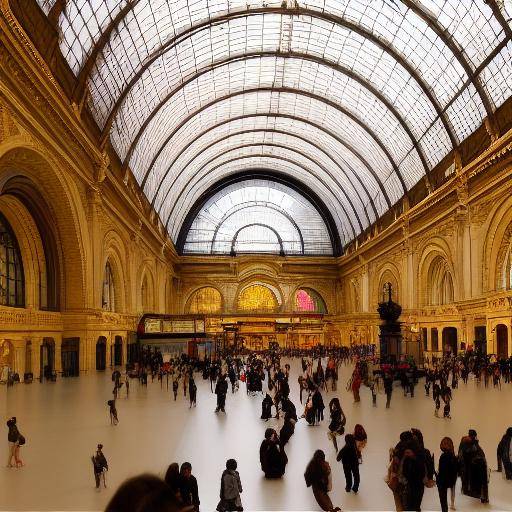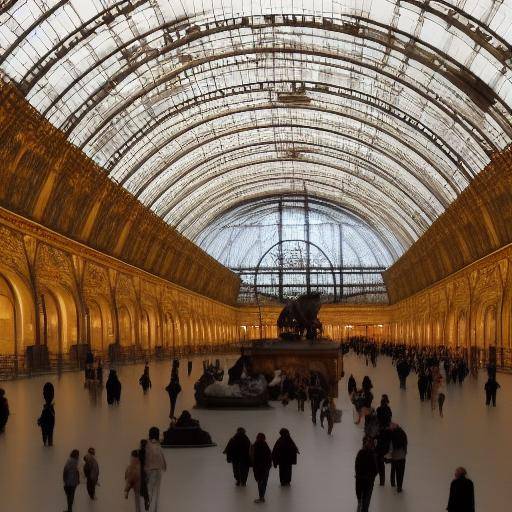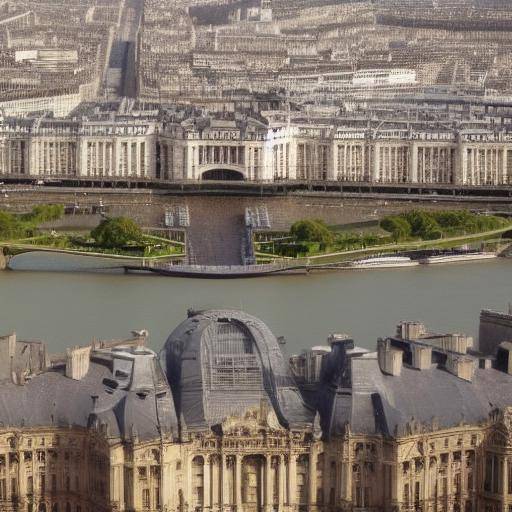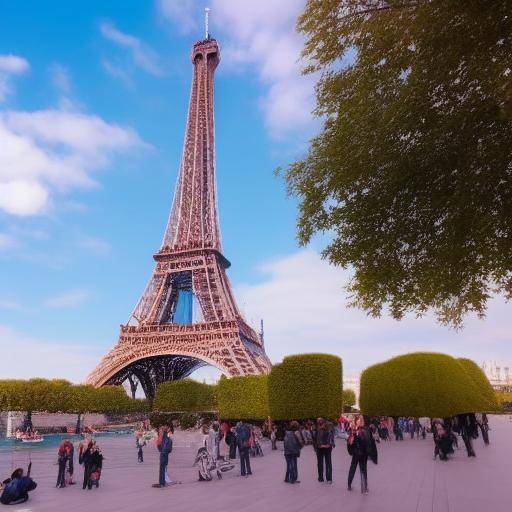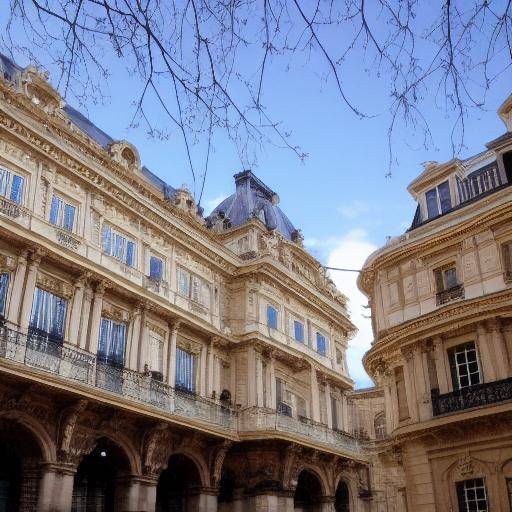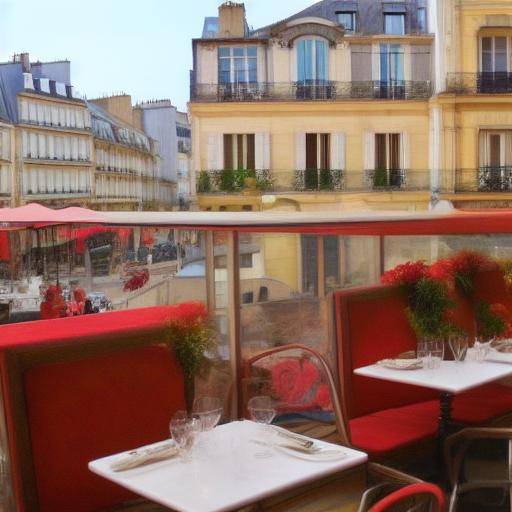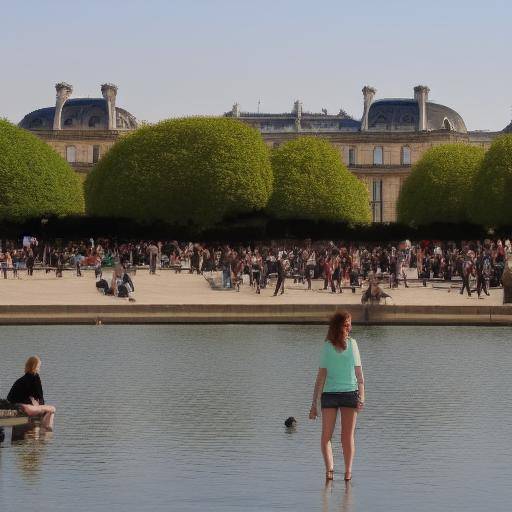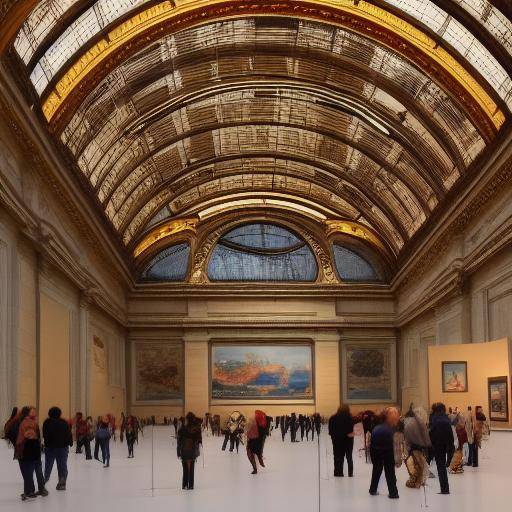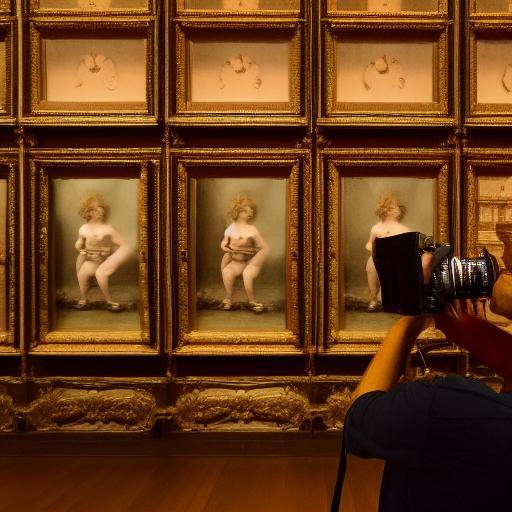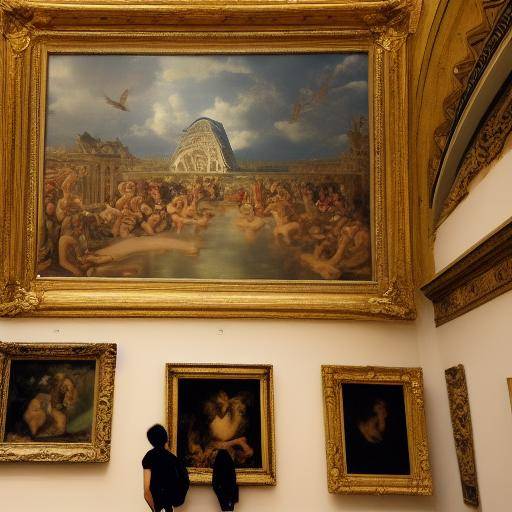
The Louvre Museum in Paris is one of the most emblematic cultural destinations in the world. With a vast collection of European and world art, this museum is an invaluable treasure for art and history lovers. In this article, we will explore in detail how to visit the Louvre Museum, its history, the wealth of European art that it houses, and offer practical advice for your visit to be unforgettable.
Introduction
The Louvre Museum, with its imposing architecture and a collection that spans thousands of years of history, is a must visit for those who wish to immerse themselves in the greatness of art and culture. From the iconic Mona Lisa of Leonardo da Vinci to the majestic Greek sculptures, the Louvre offers a unique experience that transcends time and space.
In this article, you will discover the fascinating history of the Louvre, learn more about its vast collection of European art, learn how to plan your visit efficiently, and get a deeper understanding of why this cultural jewel is a highlight of Paris and the artistic heritage of the world.
Now, join the Louvre Museum and be captivated by its immense beauty and meaning.
History and Background
The Louvre Museum has its roots in the medieval fortress built in the 12th century, which later became a royal palace. Over the centuries, the Louvre has witnessed wars, revolutions and transformations, to become the majestic museum we know today.
In 1793, during the French Revolution, the Louvre opened its doors as a public museum, displaying a collection of 537 paintings. Since then, its collection has grown exponentially, and now houses more than 380,000 works, ranging from antiquity to the nineteenth century. This rich history makes the Louvre a living testimony of the past, a place where art and narrative intertwine to tell the history of humanity.
Analysis in Deep
The Louvre Museum is not only a historic gem, but also a learning and inspiration centre for scholars and art lovers. The experience of visiting the Louvre goes beyond contemplating masterpieces, as it also allows us to understand the artistic complexities, historical movements and cultural influences that have shaped European and world art.
Explore the various sections of the Louvre, from Egyptian Antiquities to Renaissance paintings, gives us a unique vision of the evolution of art over the centuries. In addition, the Louvre collection includes masterpieces by artists such as Miguel Angel, Rafael, Delacroix, among others, that allow us to appreciate the diversity and genius of European art.
Comprehensive review
For those who wish to plan a visit to the Louvre, it is crucial to take into account practical aspects such as opening hours, temporary exhibitions and the distribution of the collection on the different wings of the museum. In addition, we recommend considering hiring a tour guide or using audio guides to enrich the experience and better understand the masterpieces on display.
Comparatively, the Louvre is distinguished as an incomparable space to explore the richness of European art, both for the number of works it houses and for its quality. From classic art to the avant-garde of the nineteenth century, the Louvre offers a unique panoramic view that shows the evolution and diversity of art throughout history.
For lovers of art and history, a visit to the Louvre Museum provides an enriching experience that transcends the purely aesthetic, allowing a deeper understanding of European cultural identity and the influence it has had on a global level.

